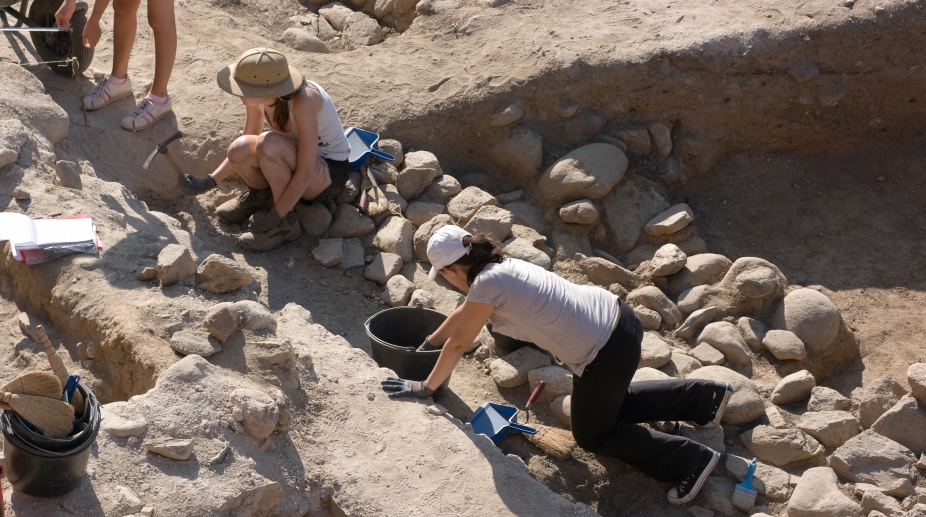ASI all set to resume excavation at Purana Qila
The objective of the excavation is the exposure and preservation of trenches that were excavated in the previous years (2013-14 and 2017-18).

PHOTO: Getty Images
To have a new insight in early Harappan culture, further excavation will be carried out at Kunal, one of the earliest Harappan sites in Haryana, located in tehsil Ratia of district Fatehabad.
For this, the Haryana Department of Archaeology and Museums and the Indian Archaeological Society, New Delhi will on February 28 sign an memorandum of understanding (MoU) to have a new insight in early Harappan culture.
The Archaeology and Museums minister, Ram Bilas Sharma said that the excavation at this site was first conducted by late JS Khatri and M Acharya under Haryana State Archaeology Department during the year 1985-86.
Advertisement
The previous excavations have provided significant traits of early Harappan culture in our sub continent for the very first time in the history of Harappan studies. The minister said that the new project has been initiated to bring out the earliest material culture of the site, where the core area of the settlement is three-four acres but the site expands to nine acres.
Sharma said that Kunal has a great contribution in the early Harappan studies in Indian sub continent and will definitely open new prospects in future researches on formation and antecedent stages of classical Harappans. The developed drainage system characterises this site.
This excavation is aimed at bringing out the earliest material culture of the site and may push the history of the civilization back by over a thousand years, he added.
Kunal is located on the bank of now dried up river course of ancient mighty river Saraswati. This early Harappan time (3500-2500 BC) that is Period-I is divided by Period-IA (3500-2850 BC), Period-IB (2850-2600 BC) and Period-IC (2600-2500 BC) which is followed by Mature Harappan Period 11 (2500-1900 BC). Hence the Kunal excavations
will provide us with a large number of new insights of early Harappan culture, the minister said.
Advertisement